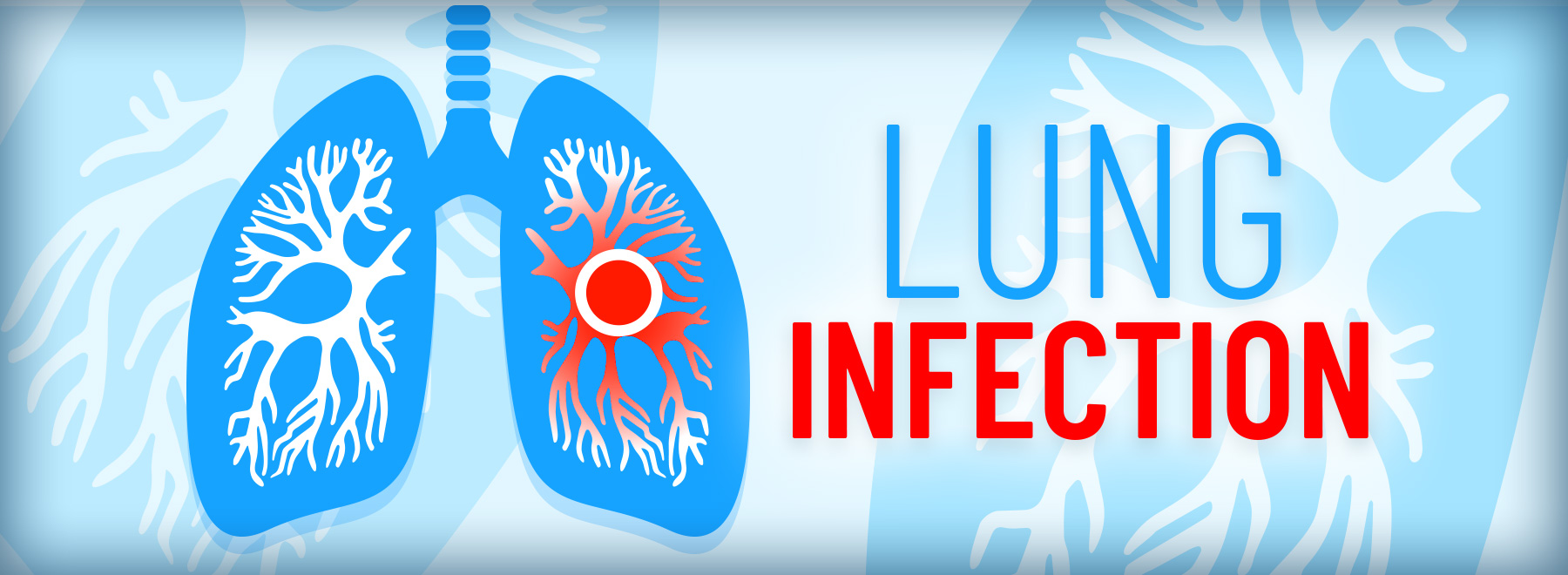Vigilance, vaccines are best to keep pneumonia at bay
Winter’s arrival means heightened awareness about flu and the common cold, which if left unchecked can lead to pneumonia for those most at risk.
The inflammatory lung condition that causes the sacs, or alveoli, in the lungs to fill with fluid has multiple causes, including bacteria, viruses and fungi in the air we breathe. It can be contracted at any time of the year, but the volume of germs moving through the fall and winter air and annual holiday gatherings make it spread more rapidly.

“We see an increase in pneumonia during cold and flu season,” said Dr. Risa Webb, professor of medicine at UMMC and interim hospital epidemiologist. “It can be caused by someone already having the flu virus or by a bacterial infection if someone has a cold or flu.”
Symptoms can range from mild to severe and include cough, fever, chills and difficulty breathing. Those most at risk are infants and young children, adults 65 or older with risk increasing with age and people with chronic medical conditions and weakened immune systems.
The American Lung Association cites 1.4 million emergency visits and 40,000 deaths due to pneumonia, with just 23% of adults aged 19 to 64 at increased risk having received a pneumococcal vaccination.
“The pneumonia vaccine is for a very specific type of bacterial pneumonia and is recommended for people over 65 or with certain medical conditions that make the lungs especially vulnerable, such as asthma, COPD, heart disease, chronic renal failure, bronchiectasis or cystic fibrosis,” Webb said.
Most common among bacterial pneumonia types is the version caused by the strep germ, Streptococcus pneumonia, that is found in the upper respiratory tract.

In addition to certain health conditions, some behavioral factors can increase the risk for developing pneumonia on the heels of a cold or flu. These factors include cigarette smoking, alcohol or substance use disorder. Environmental factors can include exposure to a health care setting or a long-term care facility or other crowded indoor spaces.
“Handwashing, covering your cough into your elbow and getting your flu shot are simple ways we can all help decrease the risk of pneumonia in addition to other respiratory infections during the winter months,” said Melinda L. Grubb, director of infection prevention.
Experts recommend those for whom the vaccine would be of benefit to contact their primary care provider or a pharmacy that can administer it.
The above article appears in CONSULT, UMMC’s monthly e-newsletter sharing news about cutting-edge clinical and health science education advances and innovative biomedical research at the Medical Center and giving you tips and suggestions on how you and the people you love can live a healthier life. Click here and enter your email address to receive CONSULT free of charge. You may cancel at any time.



